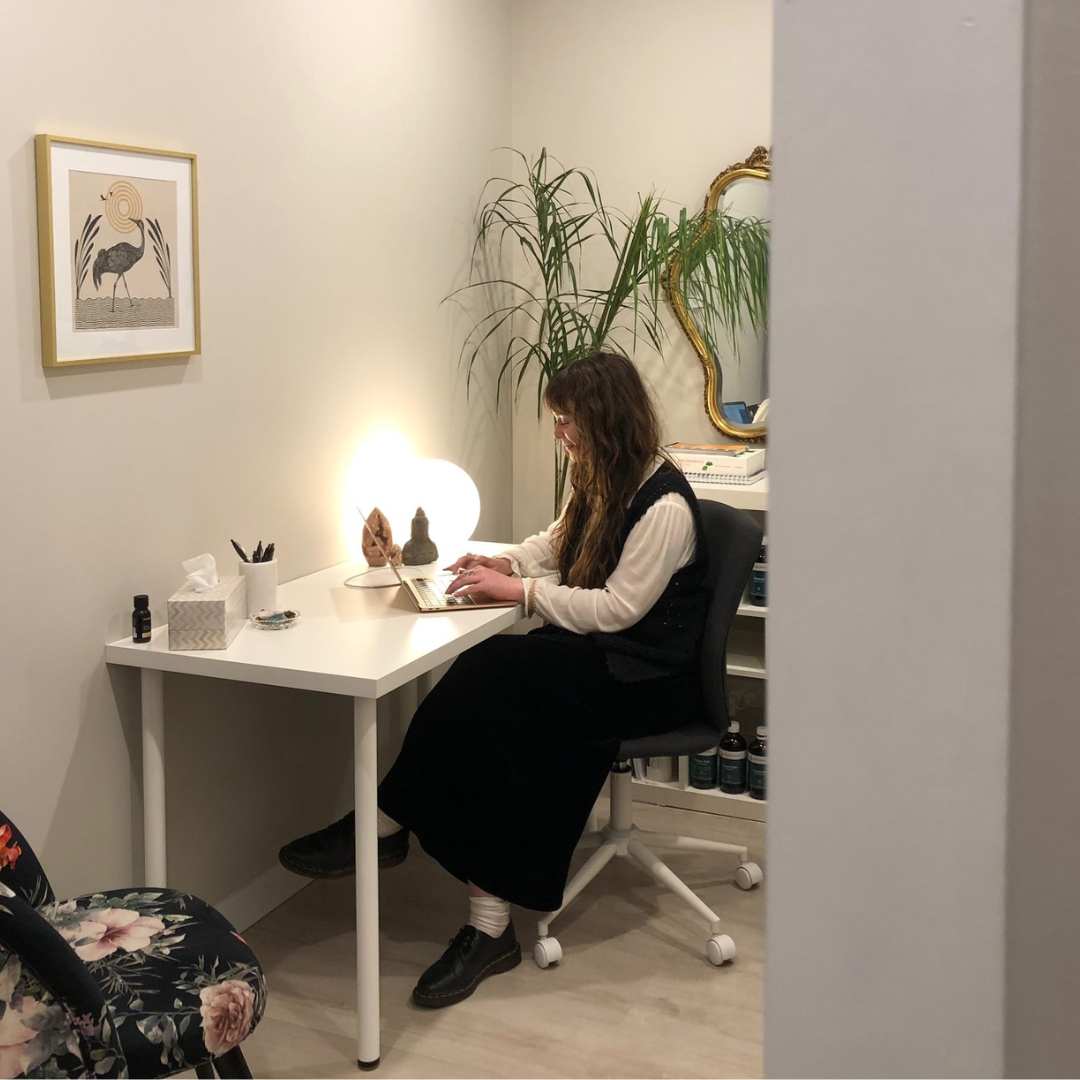

A Naturopaths perspective on PMS
PMS (also known as pre-menstrual syndrome) is a collective of symptoms that occurs towards the end of your cycle leading up to your period – which is also known as the luteal phase. PMS is considered common; however, it should not be considered as normal. From a Naturopaths perspective, you should be experiencing no symptoms leading up to or during your period!
Classic psychological symptoms of PMS can look something like anxiety, tearfulness, irritability, depressed mood, as well as feeling tense or self-conscious.
Physical symptoms of PMS include bloating, abdominal pain, cramping, water retention/swelling, breast tenderness, headaches, fatigue, sleep issues, food cravings, appetite changes, acne, and the list goes on!
Why does PMS occur?
The research isn’t 100% clear on the exact cause of PMS, but it is well-known that it involves a complex interplay of hormones and neurotransmitters. Research indicates that PMS arises from an irregular or amplified response to the cyclical changes in female hormones, affecting neurotransmitter processes.
It’s important to note that PMS doesn’t simply stem from hormonal imbalances but is influenced by a multitude of factors. Research shows that diet, exercise, sleep, inflammation, blood sugar levels, nutrient deficiencies, and genetic factors also play a role in PMS.
Types of PMS and the hormones involved:
PMS-A (Anxiety): This includes mood changes, increased anxiety, and feelings of irritability throughout the luteal phase, commonly a few days before your period (end of luteal phase). It is believed PMS-A is caused by an imbalance between progesterone (being lower than normal) in comparison to estrogen. Having lower progesterone affects neurotransmitters such as GABA, which is responsible for promoting a sense of calm in the brain.
PMS-C (Cravings): PMS-C type commonly includes cravings for carbohydrate dense foods. Blood sugar and neurotransmitter imbalances most likely play a role in this type of PMS – causing additional symptoms of headaches, fatigue, dizziness, and heart palpitations.
PMS-D (Depression): People with PMS-D experience depressed feelings, forgetfulness, and tearfulness in the luteal phase. The sudden decline in estrogen in the end of the luteal phase is believed to contribute to these low moods by impacting serotonin (our happy hormone) in the brain. Generally, these mood changes stabilise during menstruation. PMDD is a more severe version of PMS-D.
PMS-H (Hyper-Hydration): PMS-H causes excess fluid retention, resulting in symptoms like bloating, breast tenderness, swelling in the hands and feet, and fluctuations in weight, primarily attributed to water retention. Hormones such as estrogen and progesterone influence electrolyte balance and hydration, and a deficiency in magnesium may also contribute to PMS-H.
PMS-P (Pain): PMS-P causes pelvic pain and cramping in the lead up to menstruation. The pain is caused by an increase in certain inflammatory hormones that cause the contraction of pelvic muscles. It’s important to investigate PMS pain with a practitioner to determine if it’s another sort of inflammatory condition such as endometriosis.
Naturopathic Treatment
Treatment is individualised based on your presenting symptoms, driving factors, and overall constitution. Treatment may include:
- Herbal Medicine
- Nutritional supplementation
- Dietary advice
- Lifestyle advice
If you are wanting further support you can book in for an initial consultation or a FREE discovery call to chat about how Naturopathy can benefit you x
Written by Catie Haddrick DCNMC’S Naturopath
